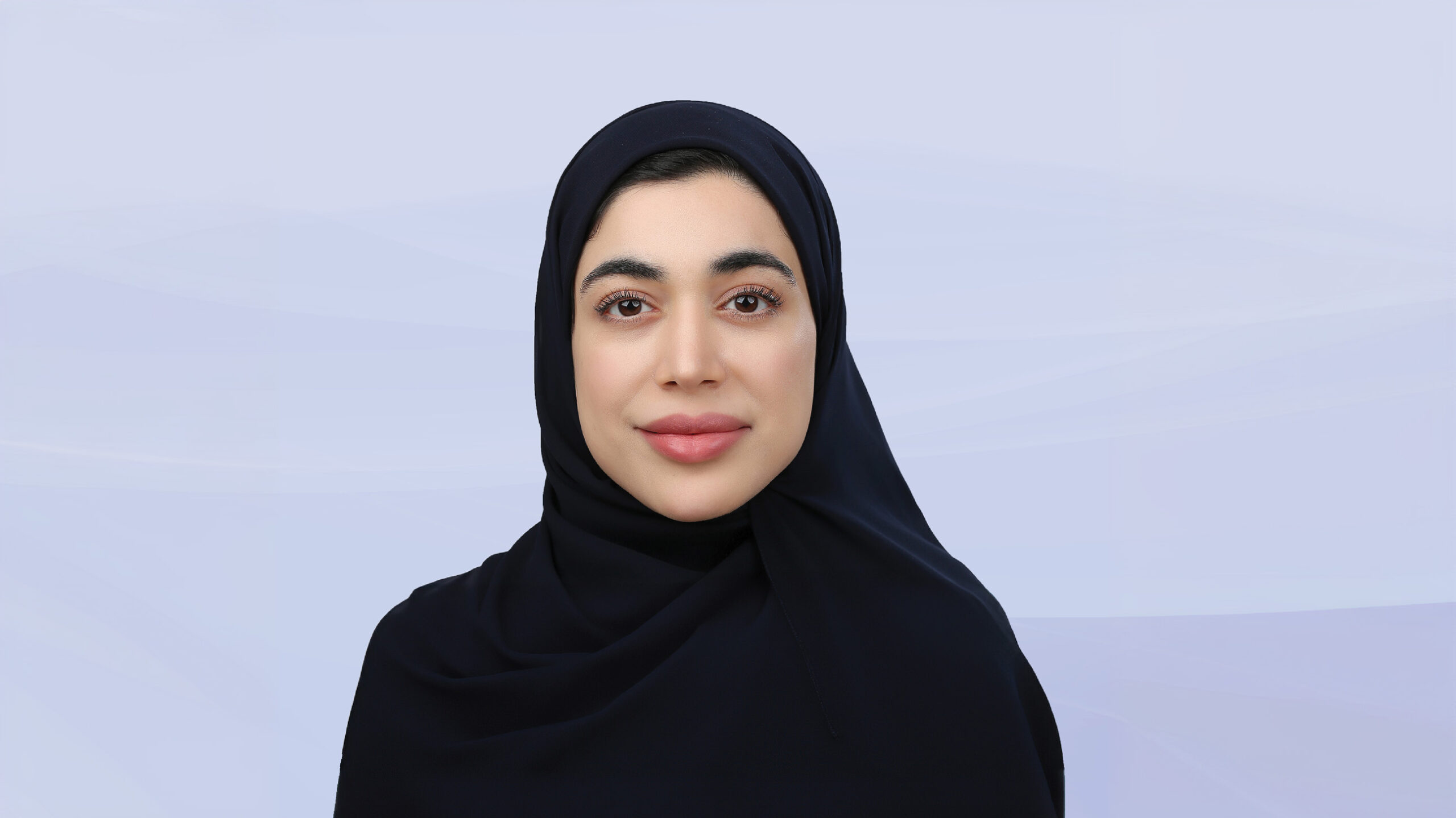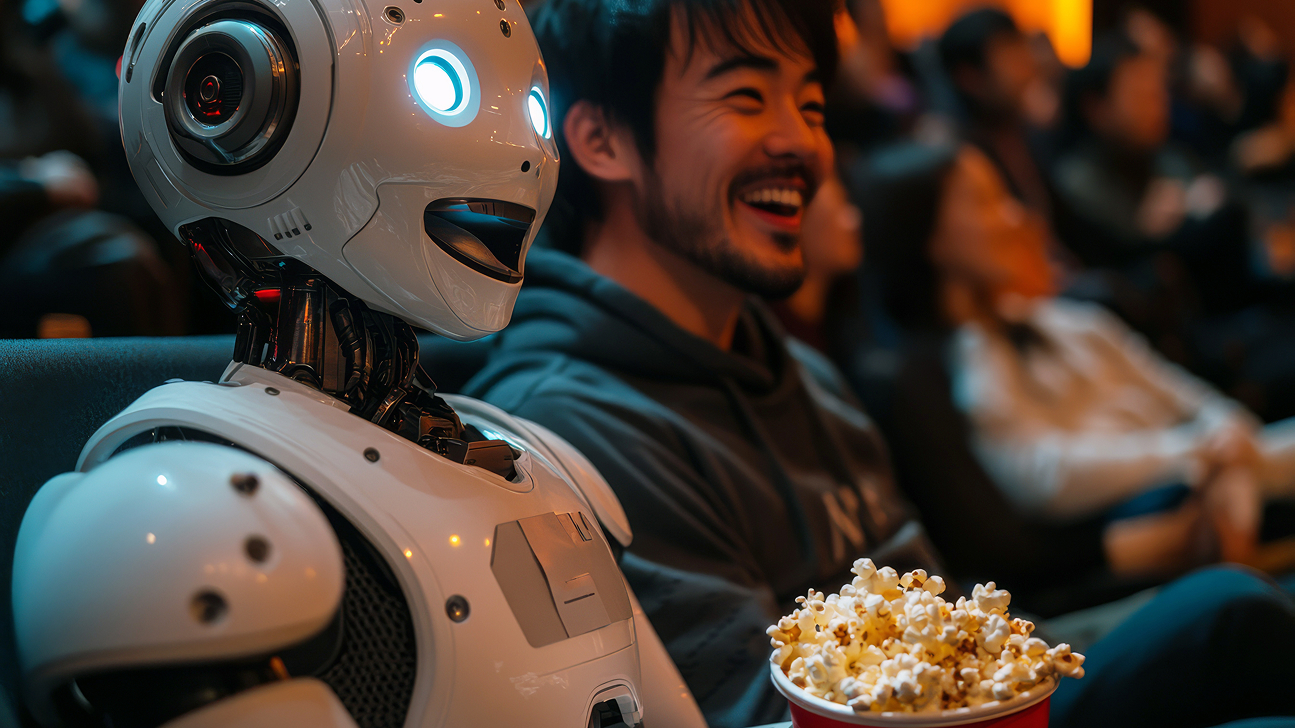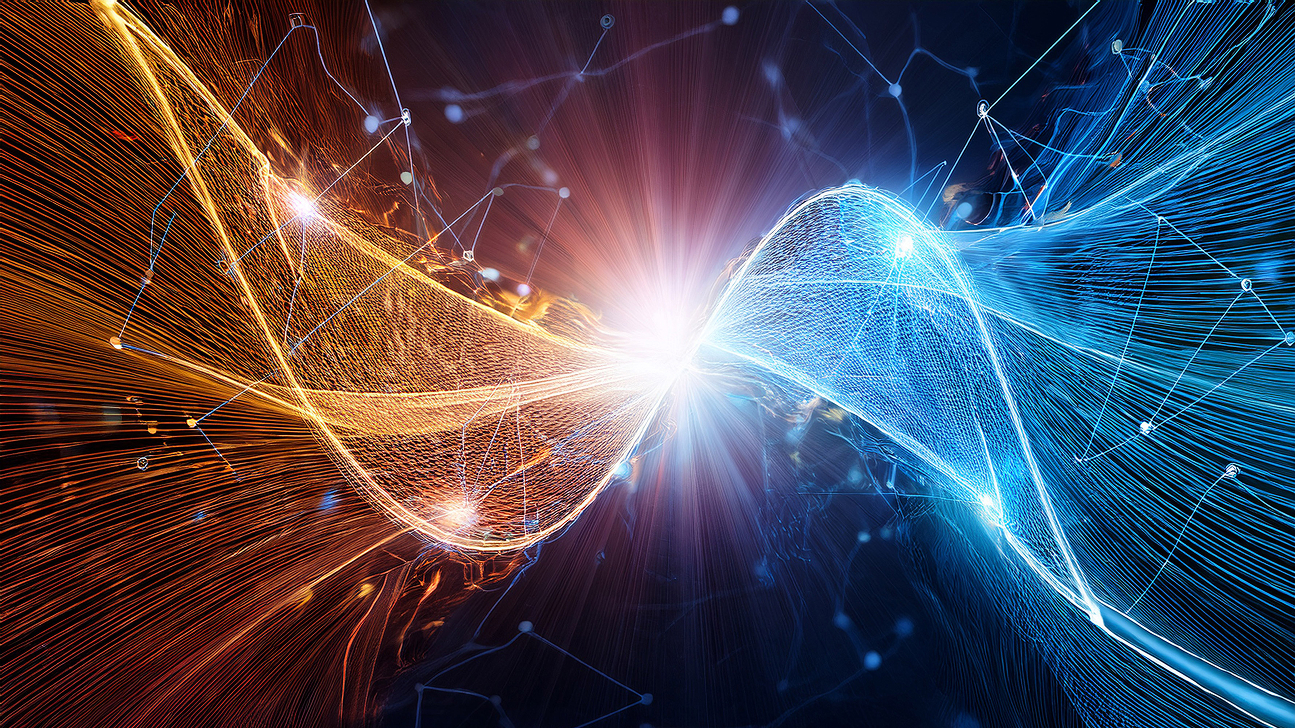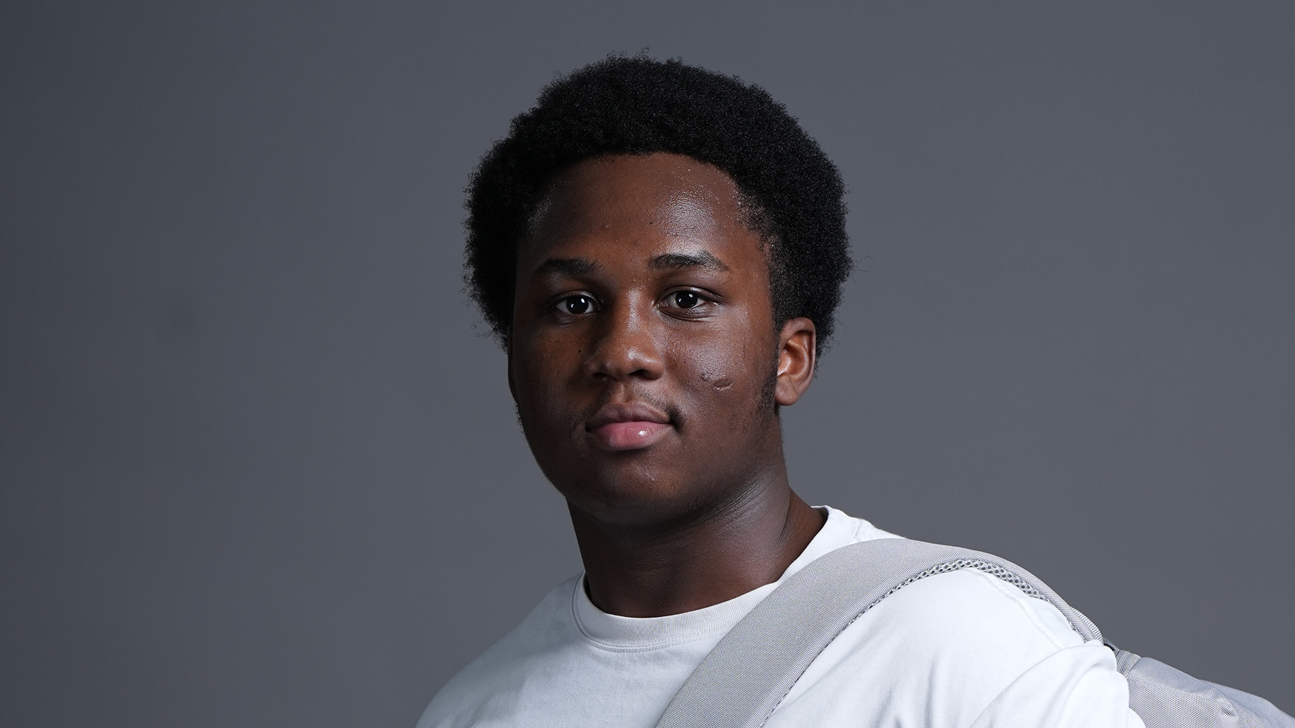Driving towards innovation: a visionary approach to traffic sign detection and recognition
Tuesday, June 11, 2024

Transportation expert Fatima Ahmed Khalil Mohamed Alkhoori had already clocked up an impressive level of experience when she applied to join Mohamed bin Zayed University of Artificial Intelligence (MBZUAI) to study for a master’s degree in machine learning back in 2022.
With a bachelor’s degree in transport engineering from the Higher Colleges of Technology, and a master’s degree in critical infrastructure from Khalifa University – not to mention a promising career as an R&D expert at Etihad Rail – Alkhoori had a firm understanding of what she wanted to achieve by studying machine learning.
“I have always had a passion for transportation,” she said. “It’s considered a key branch of civil engineering, and it touches upon so many areas including planning, design, operations, and management. It also influences the economy, business, and our daily lives in so many ways. That’s why I feel it’s my mission to contribute to making the UAE’s transport system the best in the world.”
During her time at Etihad Rail, Alkhoori came to appreciate the potential impact of AI on train networks and the wider transport sector. “I developed a proposal about using AI to strengthen the predictive maintenance regimes for assets including the locomotives and wagons,” she said. “I started to consider other ways that AI could be used to improve transport and make it work more efficiently.”
This interest in AI, and recognition of its importance to the future of transport, led Alkhoori to return to university to earn her second M.Sc. “I decided to pursue a master’s degree in machine learning at MBZUAI because I felt my other degrees and experience gave me a unique opportunity to conduct transportation-focused research aimed at transforming raw information into actionable insights within the sector,” she said.
Alkhoori focused her research on the use of machine learning to recognize traffic signs using transformer model architectures. It is an area that is vital to the safe development and integration of autonomous and self-driving vehicles, which need to be able to identify and interpret signs in real time to ensure that their navigation is safe and effective.
However, the challenge is complex. There are many variables that make it difficult for machines to see and comprehend traffic signs properly, including the viewing angle, variations in lighting and reflection, shadows, and proximity to other signs.
“The objective of my research was to investigate the different variants of vision transformers and develop a suitable methodology to enhance their ability to recognize signs correctly by eliminating variables,” Alkhoori said.
The research used transformer model architecture to increase the overall accuracy with which autonomous vehicles recognize traffic signs – regardless of the surroundings and environmental conditions, which can easily confuse regular models.
Alkhoori used a data set of 1,150 traffic signs provided by the Abu Dhabi Integrated Transport Center, and a German data set containing 50,000 images that is publicly available in a global open-source machine learning data library. Together, the data sets helped teach the algorithm to extract the most relevant data.
“I’m proud of the fact that this is the first comprehensive study of its type that utilizes UAE data,” Alkhoori said. “We believe we’ve achieved very good accuracy in comparison to other journals and publications that have conducted similar research, and we have found ways to improve the accuracy of recognition.”
Alkhoori expressed her gratitude to the UAE’s leaders for creating so many opportunities for learning and development, including MBZUAI.
“I want to extend my sincere thanks and gratitude to my country and our wise leadership for providing this opportunity to learn and research AI and machine learning,” she said. “I aim to pay back this trust by using the power of machine learning to solve key transport and infrastructure challenges.”
Alkhoori has been accepted to pursue her Ph.D. studies and would like to continue with her current research, not least because she sees a significant value in building capabilities that can improve any area of the transport sector.
“The UAE has developed world-class infrastructure in a relatively short time, and I want to play a part in creating some of the next-generation technology that will help take transport to the next level,” she said.
Related
AI and the silver screen: how cinema has imagined intelligent machines
Movies have given audiences countless visions of how artificial intelligence might affect our lives. Here are some.....
- cinema ,
- art ,
- fiction ,
- science fiction ,
- artificial intelligence ,
- AI ,
Mind meld: agentic communication through thoughts instead of words
A NeurIPS 2025 study by MBZUAI shows that tapping into agents’ internal structures dramatically improves multi-agent decision-making.
- agents ,
- neurips ,
- machine learning ,
Youngest MBZUAI student sets sights on AI superintelligence at just 17
Brandon Adebayo joined the University’s inaugural undergraduate cohort, driven by a passion for reasoning, research, and the.....
- engineering ,
- student ,
- Undergraduate ,


